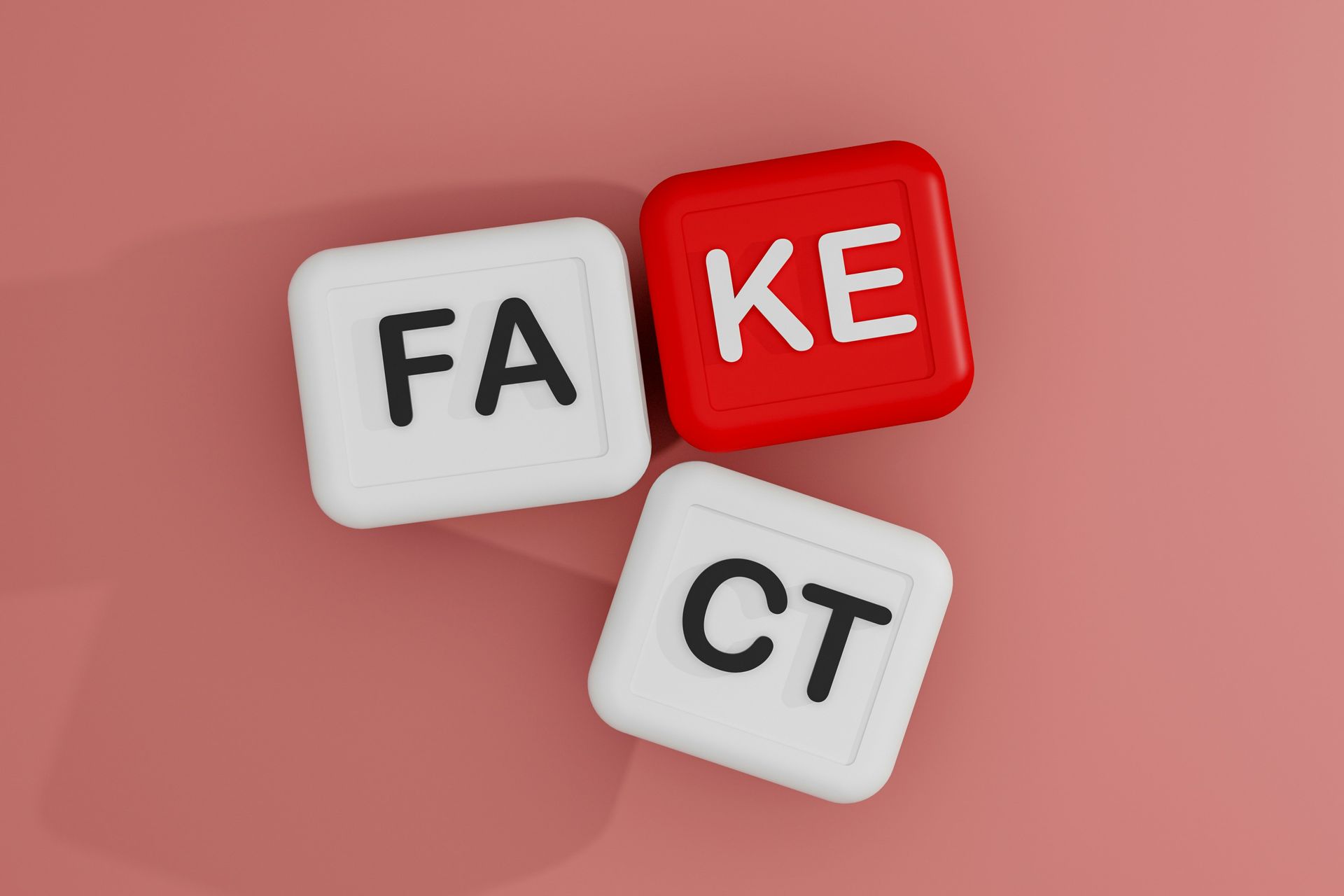Newsroom
Explore our newsroom for our weekly wreck, press releases, and trending topics.
The Pot Calling the Kettle Black
Preface: N-PX
On August 31, N-PX report submissions are due for any investment company subject to Section 13(f) of the Securities Exchange Act (i.e., with over $100 million AUM) that votes proxies on behalf of clients. Egan-Jones is available to answer questions or create your filing: schedule a call.
Lessons from the past: Enron
On December 2, 2001, less than one year after becoming the 7th largest public corporation in the world, Enron filed for bankruptcy. That year, its stock price dropped from $80 to a mere 20 cents—wiping out investors’ positions in the process. Egan-Jones made early calls regarding Enron’s low credit quality.
The most significant factor was arguably the conflict of interest that existed with the auditor Arthur Andersen, which signed off on Enron’s fraudulent accounting practices.
In 2000, Enron paid Arthur Andersen $25 million for audit services and an additional $27 million for consulting, making Enron the firm’s second-largest client. In the mid-1990s, Arthur Andersen even hired Enron’s entire 40-person internal audit team and established an Arthur Andersen office inside Enron’s Houston headquarters.
When an auditing firm receives substantial fees—especially for non-audit services—from the same company it is hired to independently audit, its objectivity can be compromised. The result may be a reluctance to critically assess and report on a client’s financial statements.

Auditor Ratification: Possible Conflict of Interest
After the collapse of Enron, and then WorldCom the following year, it became apparent that monitoring potential conflicts of interest is an important aspect of corporate governance. As a result, the top three proxy advisors generally recommend against the ratification of an auditor when the non-audit fees are significant compared to the audit fees. Additionally, the total audit fees are scrutinized.
A Conflict of Interest in Proxy Advisory Services
Ironically, while proxy advisory firms are quick to flag conflicts of interest in others, some engage in similar practices. Two of the largest proxy advisors provide both consulting services to corporate issuers and voting recommendations to institutional investors. For example, one of these proxy advisors might advise a company on structuring executive compensation while also issuing recommendations to shareholders on how to vote on those same compensation proposals. This dual role raises legitimate concerns about the independence and objectivity of their research and advice.
These firms even implicitly acknowledge that such dual engagements can present conflicts. After all, they themselves recommend against auditor ratification when significant revenues come from consulting rather than auditing.
This issue was highlighted during a recent House Judiciary Committee hearing titled “The Proxy Advisor Duopoly’s Anticompetitive Conduct.” When asked whether ISS’s current practice of offering consulting services was wrong, Nell Minow, founder and former President of ISS, responded:
“I disagree with it but I’m all in favor of every possible option being offered to the market and letting the market decide.”
Conclusion
At Egan-Jones Proxy Services, we believe shareholders are best served when conflicts of interest are minimized. That’s why we do not sell consulting services to corporate issuers. Our recommendations are transparent, consistent, and designed with one goal in mind: maximizing shareholder value.
Egan-Jones provides best-in-class proxy guidance, voting, and N-PX reporting →
schedule a meeting





